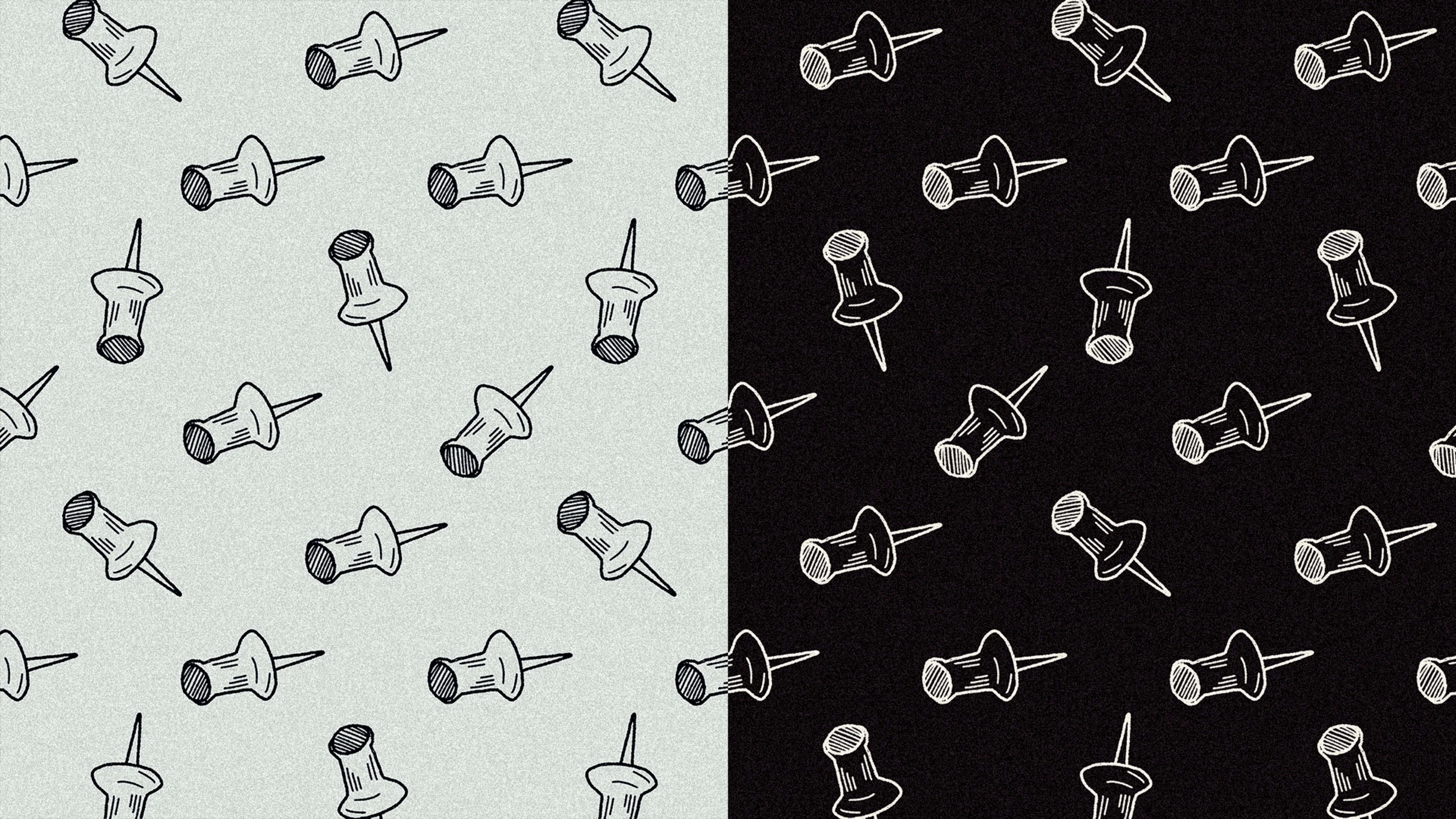Shareholders of Pinterest are suing members of the company’s board of directors and several top executives for allegedly ignoring or deliberately enabling discrimination against women and people of color.
The suit claims that the board of directors, including Pinterest cofounders Ben Silbermann and Evan Sharp, either actively perpetrated or knowingly ignored high-profile allegations of discrimination and retaliation against Pinterest’s former COO Francoise Brougher and two Black female executives, Ifeoma Ozoma and Aerica Shimizu Banks.
“Pinterest’s leadership and Board take their fiduciary duties seriously and are committed to continuing our efforts to help ensure that Pinterest is a place where all of our employees feel included and supported,” said a Pinterest spokesperson when reached for comment. “We believe the actions we’ve initiated as well as the ongoing independent review regarding our culture, policies, and practices will help us achieve our goal of building a diverse, equitable and inclusive environment for everyone.”
The suit singles out Pinterest board chair, cofounder, and CEO Silbermann in particular for creating a boys’ club at the top that systematically ignored claims of pay disparity and an inability to advance for women and people of color. In addition, it alleges that even when employees told Silbermann about Pinterest’s problems, he did nothing to change the situation. “He repeatedly placed himself before the Company, surrounding himself with yes-men and marginalizing women who dared to challenge Pinterest’s White, male leadership clique,” the suit reads.
In the summer of 2020, Ozoma and Banks first shared their stories of being underpaid, underappreciated, and misleveled on Twitter. The two came forward after Pinterest issued a statement in the wake of the George Floyd protests and said that they wanted to expose the company’s hypocrisy for saying Black lives matter publicly, while mistreating its Black employees privately. (While Pinterest first denied Ozoma and Banks’s allegations, the company has since done an about-face and hired a law firm to assess its internal practices.)
“I spoke up so people would know and I want accountability but don’t expect it in a white supremacist system,” Ozoma says.
Their story prompted other former and current Pinterest employees to speak out, including Brougher, who filed a gender discrimination lawsuit two months later. Her suit lays out how she was given a different stock compensation vesting schedule than her peers, dramatically affecting her compensation. After she raised concerns, she says, she was cut out of meetings, including the company’s IPO roadshow—even though she was the company’s second-in-command and the only executive who’d participated in an IPO before. She was later fired. Days after Brougher went public, Pinterest employees staged a virtual walkout in support. Pinterest has not commented on the active litigation.
In response to the allegations and protests, the company has hired a Global Head of Inclusion and Diversity and added Andrea Wishom and Salaam Coleman Smith, both of whom are Black, to its board (neither are named in the suit).
This new lawsuit claims that the board’s and executives’ actions have resulted in a breach of fiduciary duty, waste of corporate assets, and abuse of control. In addition, the suit alleges that the defendants violated federal securities laws, on the grounds that the board presented a “false and misleading” Proxy Statement in 2020 to the SEC that did not disclose that Brougher was being paid differently than other executives or explain why she left Pinterest.
In all, the lawsuit alleges that the executives and the board have hurt Pinterest financially, in part because the company now has damaged its reputation with current employees, future talent, and with its predominantly female users. Several Fast Company stories are cited as evidence in the lawsuit.
“As a result of Defendants’ illegal misconduct, the Company’s financial position and its goodwill and reputation among its largely female user base (upon which Pinterest’s success depends upon) were harmed and continue to be harmed,” reads the suit, which was filed Monday in United States District Court in Northern California.
The plaintiff, the Employees’ Retirement System of Rhode Island, oversees more than $8.5 billion in assets and has owned Pinterest stock as of June 26, 2020. Other defendants include Jeff Jordan of Andreessen Horowitz and Jeremy Levine of Bessemer Venture Partners, both of whom are investors in Pinterest and sit on the company’s board, as well as Todd Morgenfeld, Pinterest’s chief financial officer.
“I’m glad that [the plaintiff’s lawyers] Cohen Milstein is pursuing this on behalf of the clients but even if it’s successful there still needs to be justice for me and Aerica and the other people who have been harmed by the behavior of Pinterest managers and executives who are still on the job,” Ozoma says.
Shareholder derivative lawsuits have been used in many instances to hold corporate executives accountable for their own misconduct. That includes a recent spate of shareholder suits against Google parent company Alphabet for its handling of sexual harassment claims. In September, Alphabet settled the suits by agreeing to set up a $310 million fund for diversity and inclusion programs over the next 10 years and to end the practice of forced, private arbitration during disputes.
Suits of this kind, which are fought on the behalf of a company, can also force boards of directors and executives to set up equitable protocols and procedures to ensure that discrimination is not tolerated. But they have a broader purposes as well, according to Kevin LaCroix, an attorney who focuses on advising companies on directors & officers insurance, which is what covers settlements in these kinds of lawsuits.
“The most important thing these lawsuits do is draw attention to an issue,” LaCroix says. “It’s not just to remedy wrongs at Pinterest, but it’s also to raise awareness at other companies in the hope that companies will be proactive.”
This story has been updated to include comment from Pinterest.
Recognize your brand’s excellence by applying to this year’s Brands That Matter Awards before the early-rate deadline, May 3.
